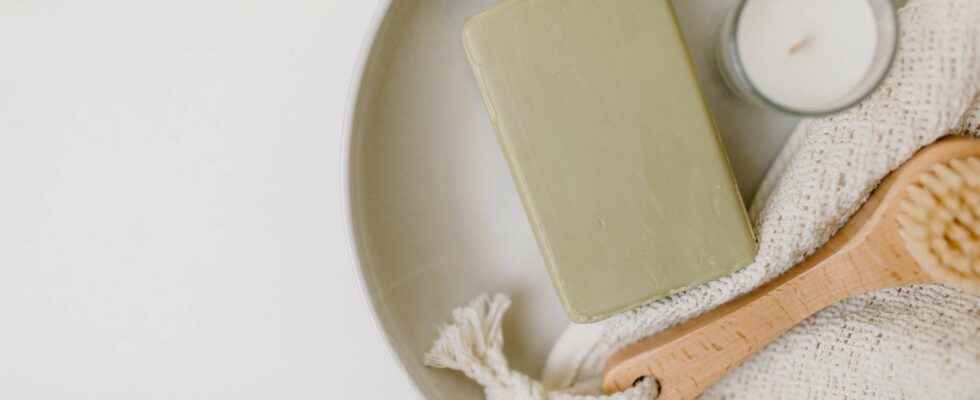Used daily, cosmetics, whether in the form of creams, soaps and shower gels, can hide behind their foaming appearance a real danger both ecologically and for the health of consumers. Among all the labels, it is difficult to know which ingredients to favor and which to avoid. This is the subject of our article: to help you see more clearly in the composition of the products you use daily.
You will also be interested
The smaller the list, the better! Very often, natural cosmetics go straight to the point and offer simple ingredients using as few compounds as possible. A label with few ingredients will therefore have every chance of meeting your expectations.
Natural cosmetics: deciphering for better consumption
In addition to turning to 100% organic natural cosmetics, our advice would be to avoid undesirables as much as possible. However, it is not easy to disentangle the true from the false, even more when the brands give a minimum of details on their packaging.
To find the healthiest products, nothing beats referring to the INCI, which can be defined as the international nomenclature for cosmetic ingredients. This makes it possible to standardize the labels by giving a unique name to the substances contained in beauty products and cosmetics.
In recent years, a new perspective has arisen on natural cosmetics. Besides, Statistics recounts a real boom in the turnover of the beauty and care products sector. In 2018, the sector would have generated around 757 million euros while in 2010, this figure reached 336 million.
If you too are looking for healthy products that are good for your health, be sure to favor the most natural ingredients:
- for the body, you can choose those composed of beeswax or vegetable butters.
- also select a vegetable oil according to the type of your skin: olive, coconut, almond sweet, argan…,
- plant extracts and essential oils are also very effective active ingredients for your daily care. However, in case of presence of essential oil, do a test before to make sure that your skin reacts well.
The ingredients present in cosmetics to be wary of
If, in addition to wanting to preserve your health, you are keen to choose vegan products, you will have to check that the cosmetics you are interested in are free of animal fat. Contrary to popular belief, many brands still use it! The glycerine (unless it is specified vegetable) does not contain specific health risks, but it does not correspond to your ethical commitments. The same for collagen.
Palm oil is the cause of the disappearance of many species and an ecological disaster. In terms of health, there is no negative impact. If you have adopted a zero lifestyle waste or almost, you certainly have an interest in abstaining. The terms “capryl”, “laury”, “stear” and “myris” generally announce the presence of palm oil.
And what are the ingredients to avoid?
The most important thing is to know which compounds do not work for your own health or the environment. First of all, the surfactants such as sulfates are intended to make cleansing products foam and to loosen impurities present on the skin or in the hair. Some of them come from petrochemicals (including laureth sulphate from sodium) and therefore have a considerable impact on theecology. They are also particularly irritating!
It is also necessary to avoid parabens. Present in different forms, paraben represents a real danger for users and is very often chosen as a preservative. Irritating, it is also considered an endocrine disruptor that impacts fertility and the hormonal system. The terms that should alert you? Methylisothiazolinone, butylparaben or propylparaben. Besides, all preservatives that start with the letters B and P are generally “Not Good”…
Then the saltaluminum is one of the most popular ingredients for the composition of deodorants. However, its anti-transparent action hides a completely different reality: suspected of provoking breast cancer in women, this endocrine disruptor is recognizable with the name “Aluminum”.
Finally, silicone should not be on the ingredient list of your cosmetics. Used for its texturizing and smoothing actions, silicone is ubiquitous in hair products. It suffocates the pores of the skin and the fiber of the hair, preventing them from breathing. And, moreover, they are not biodegradable and their composition is bad for our planet. The family of silicones is large, so to recognize them you just have to look at whether certain ingredients end with “xane”, “ane”, “thicone” or even “thiconol”.
Interested in what you just read?
Subscribe to the newsletter Health question of the week : our answer to a question you ask yourself (more or less secretly). All our newsletters
